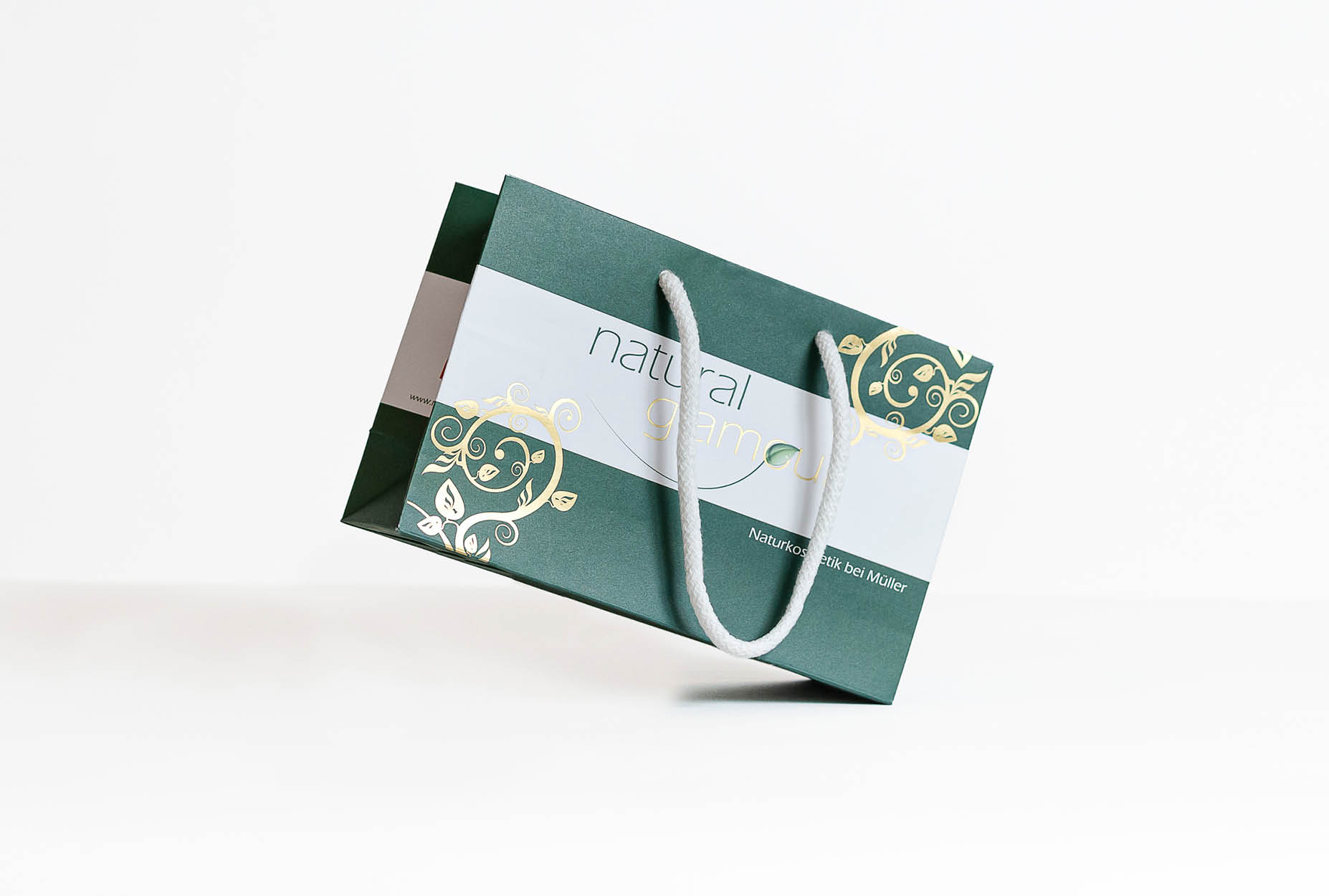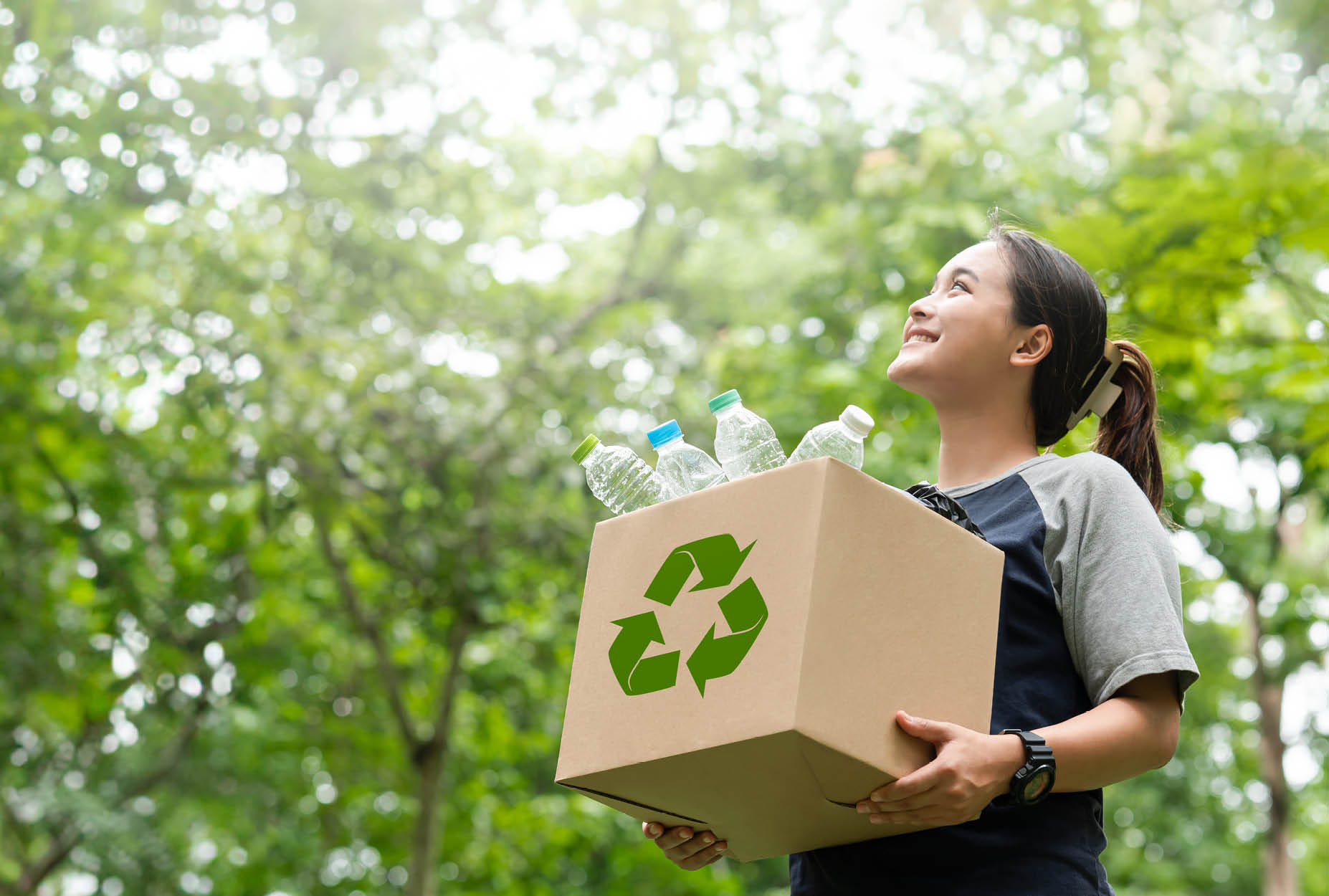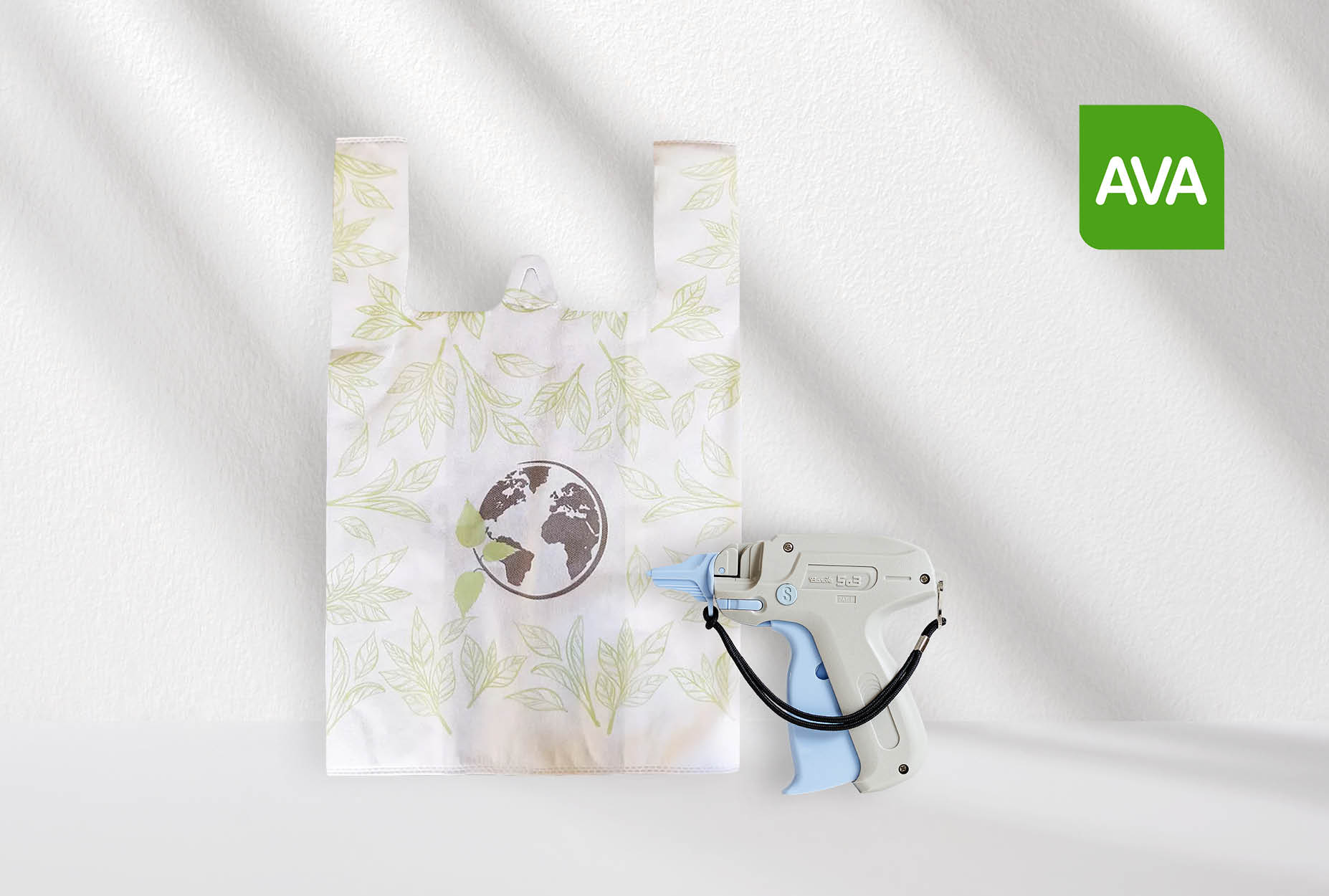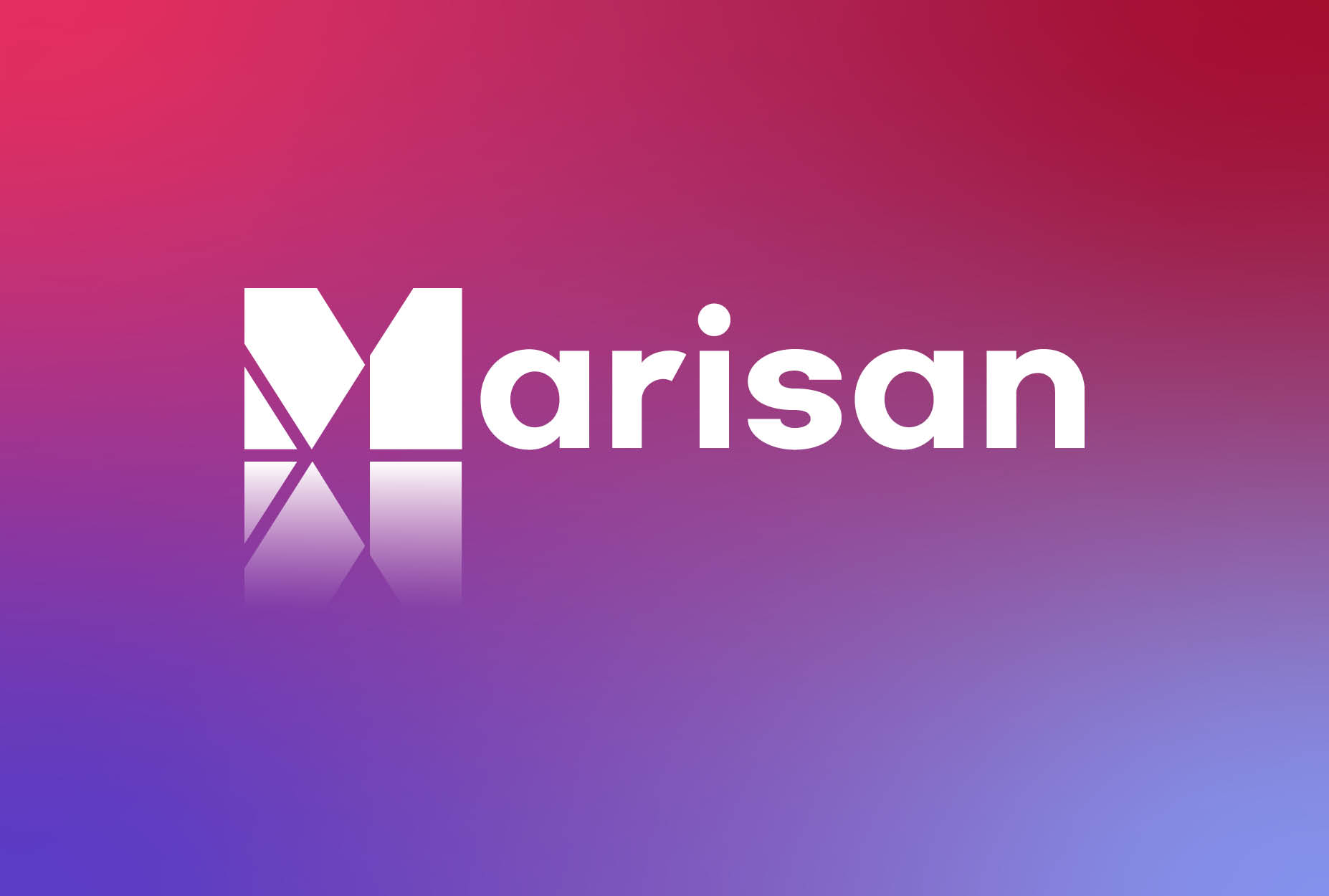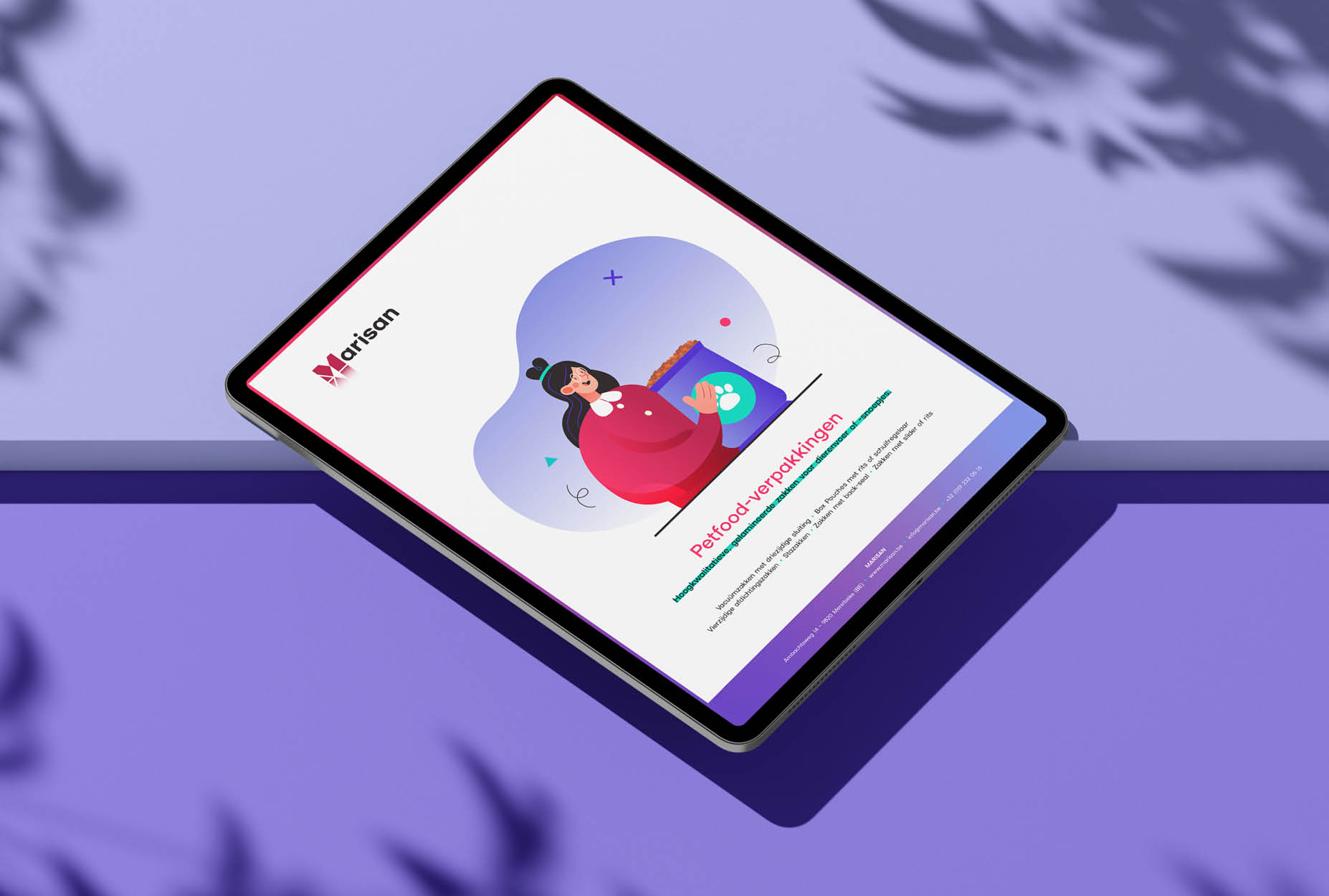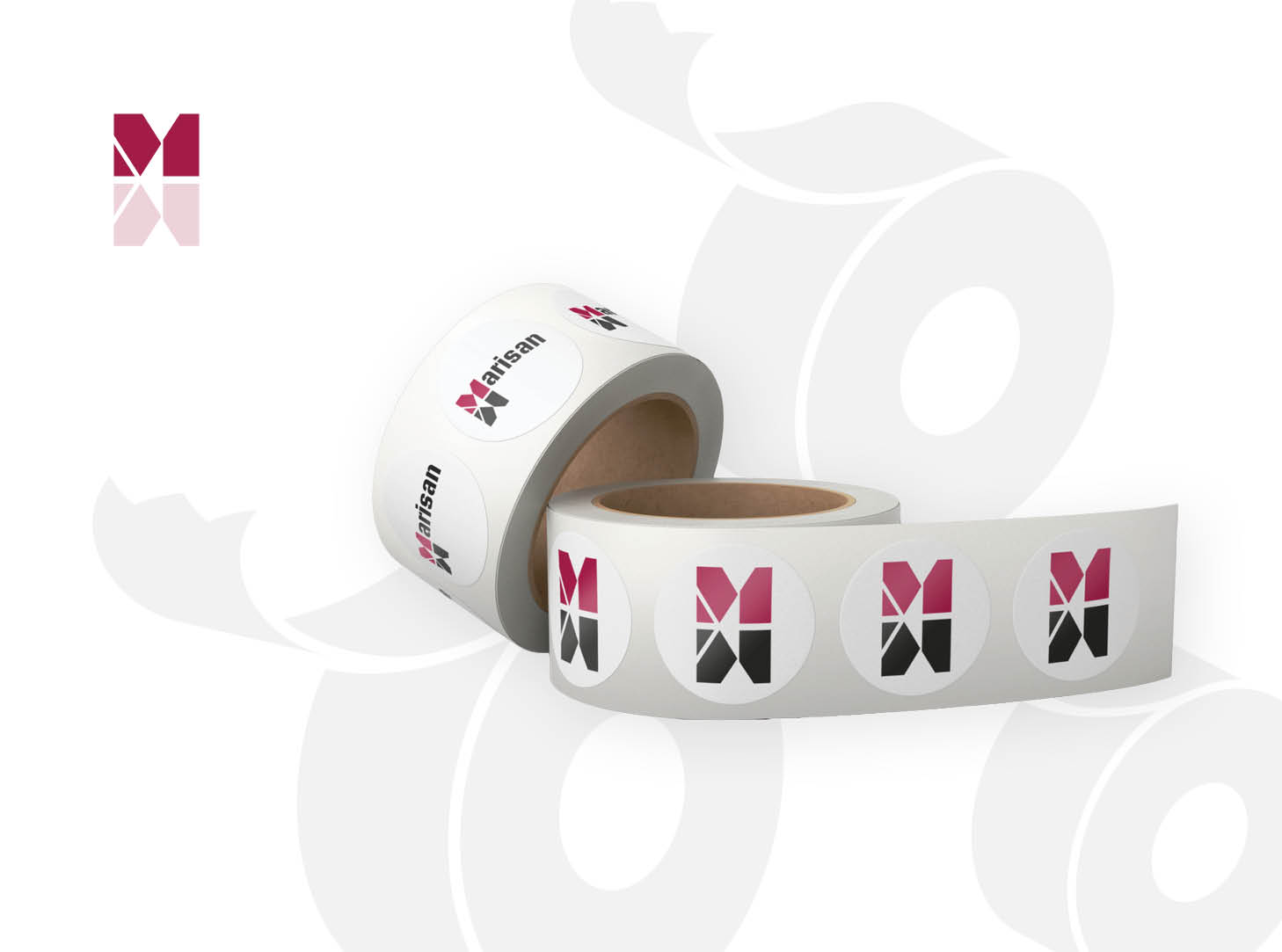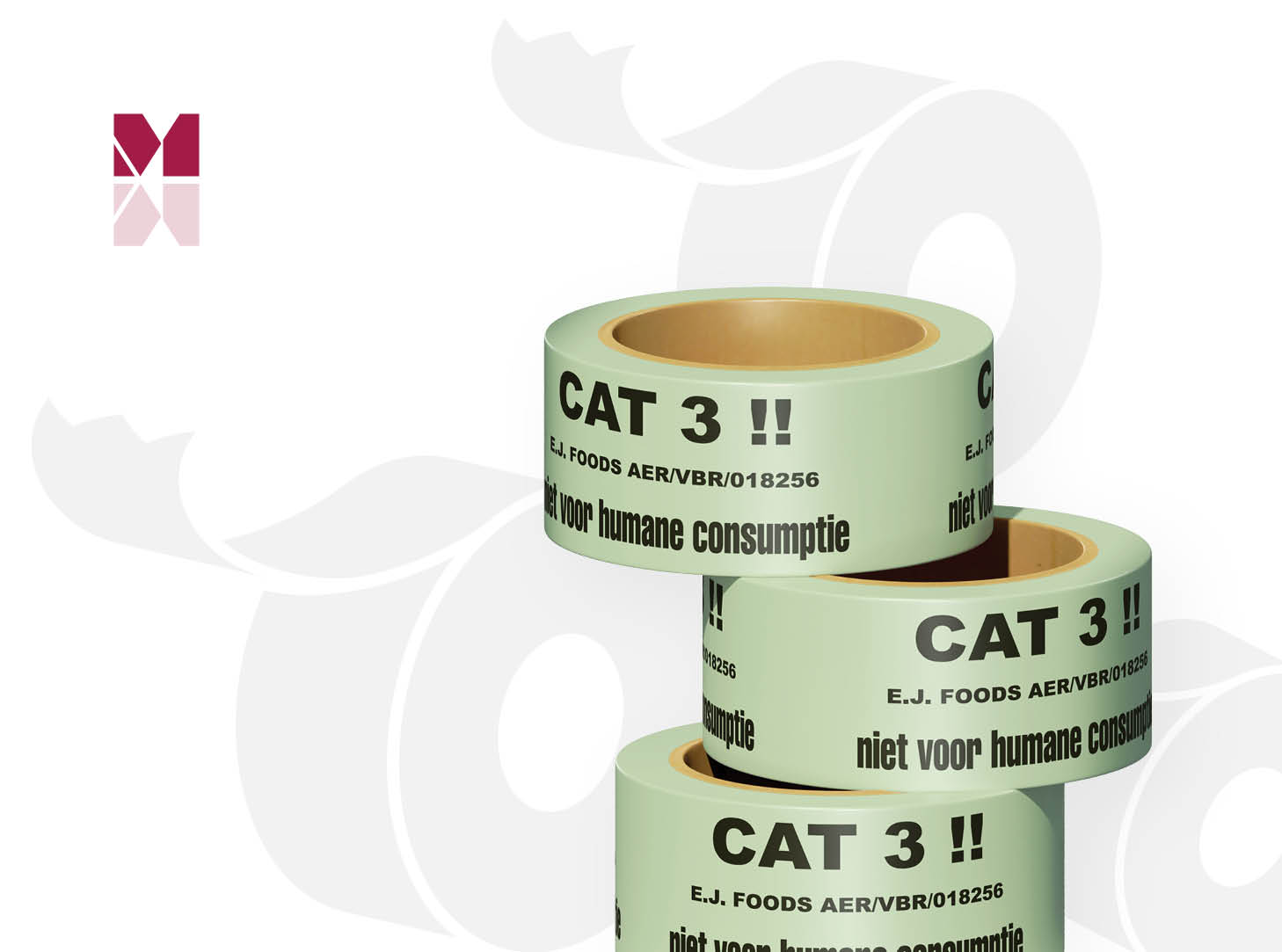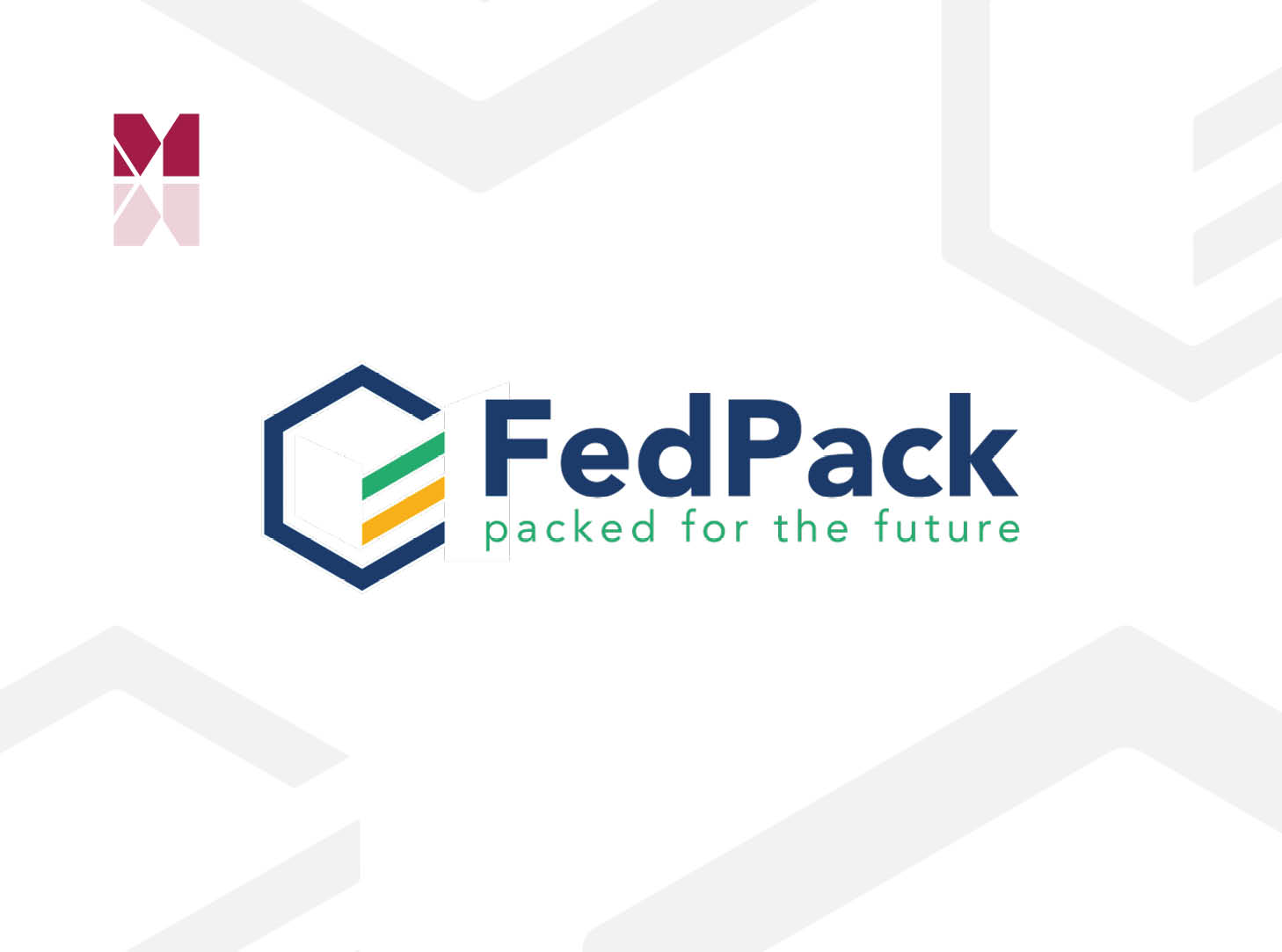Knowledge centre
Goodbye single-use plastics: a sustainable future or an impossibility?
In a world that is becoming increasingly aware of environmental issues, single-use plastics are in the focus of attention. These products, which are often used only once before being thrown away or recycled, pose a substantial challenge to our environment. But would it be it realistic to eliminate these plastics completely by 2035? Let's delve deeper into the problems of SUPs, or single-use plastics.
What are single-use plastics?
Single-use plastics are products that are designed to be used only once before being thrown away or reprocessed into another product. Think of plastic cutlery, straws, bottles and carrier bags. While convenient for consumers, these products have a short-lived usefulness compared to their long lives in our oceans and landfills if not collected and processed properly.
The biggest problem with single-use plastics is their impact on the environment. These plastics contribute to the enormous amount of waste polluting our planet, especially in oceans where they pose a threat to marine life. They are not only harmful to the environment, but also to our health if microplastics eventually enter our food chain.
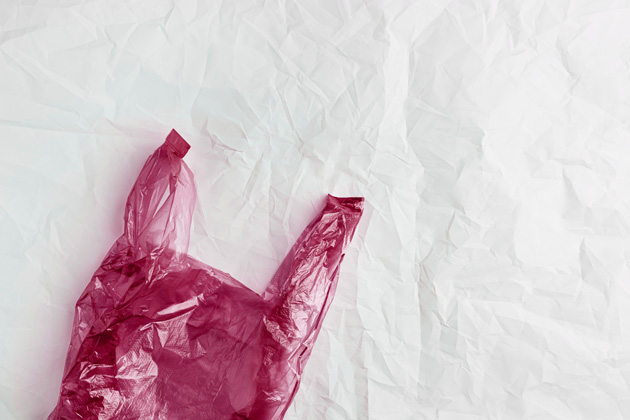
EU law: the end of takeaway food and drinks by 2035?
The European Union’s recent proposals regarding packaging and packaging waste are potentially groundbreaking. As part of the ambitious Packaging & Packaging Waste Regulation, the EU is considering a ban on all single-use and reusable food service packaging by 2035. This has far-reaching implications for the takeaway and quick service industry, a sector currently heavily dependent on such packaging.
This proposal aims to reduce the food industry’s environmental footprint and is a step towards a more sustainable future. However, without viable alternatives this could destabilize the entire takeaway food and drinks sector. These companies are not only a source of convenience for consumers, but are also a vital part of our economy, with thousands of jobs and local businesses depending on them.
The dilemma lies in finding a balance between environmental protection and ensuring the viability of this industry. An abrupt ban on current packaging solutions without practical and affordable alternatives could lead to significant disruptions.
“This is not just about replacing a product, but about rethinking an entire system of supply and consumption.”
It is therefore essential that this transition is guided by thorough research, innovation and collaboration between governments, industries and consumers. There should be a period of adjustment during which alternative packaging methods are developed and tested, taking into account both environmental impacts and economic feasibility. The ultimate goal should be to create a sustainable model that respects the needs of the environment as well as those of consumers and businesses.
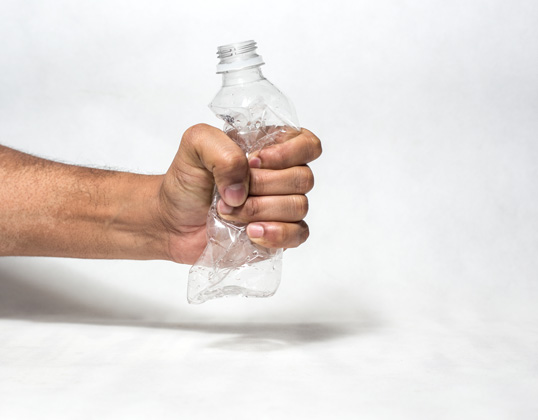
Marisan’s vision on sustainable packaging
At Marisan we are aware of the complexity and urgency that the new SUP guidelines entail. Our goal is to bridge the gap between sustainability and functionality, taking into account both ecological and economic aspects.
Our commitment to sustainability is at the heart of everything we do at Marisan. We strive to not only meet, but exceed current environmental standards. Our team is constantly researching and developing new, innovative packaging materials that have less impact on the environment. This includes exploring biodegradable and compostable materials, as well as reusing and recycling existing materials.
Completely eliminating single-use plastics is an ambitious but understandable goal that aims to contribute to a sustainable future. It remains to be seen whether this will be feasible by 2035. Strong legislation targeting workable goals should be our priority in the 2024 European elections. But well-thought-out legislation means that consumers, legislators and industries are heard before fixed goals are set. Our view on this has been replaced where possible, and only used where it is really necessary, for example to guarantee the food safety of a packaged product. Mono materials are an important step in this whole process!
At Marisan we remain committed to contributing to a world where sustainability and functionality go hand in hand.
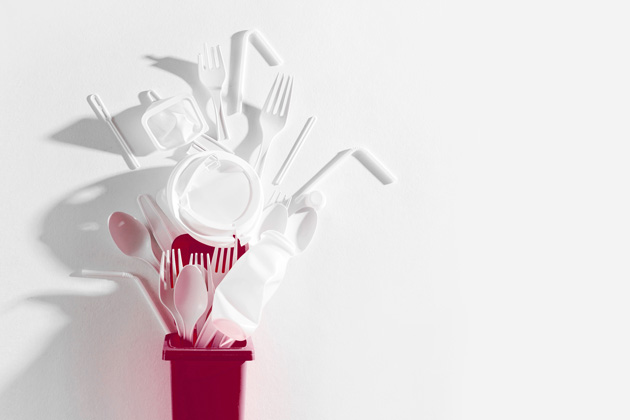
Explore further
How packaging influences customer experience and brand perception
Blog
Duurzaamheid
NogMeerVerdiepen
In the dynamic world of marketing and branding, packaging plays a crucial role in how consumers perceive and experience a product. At Marisan, experts in innovative packaging solutions, we understand that the right packaging not only catches the customer's attention, but also leaves a lasting impression.
Read moreEcolabels deciphered: the meaning of green symbols on packaging
Blog
Duurzaamheid
NogMeerVerdiepen
In a world where sustainability is becoming increasingly important, green labels and eco-labels play a crucial role in the recognition of environmentally friendly packaging. Whether you are a conscious consumer or a company committed to responsible production, understanding these symbols is essential.
Read moreThrough Marisan in the market, through AVA to the consumer
Case
Duurzaamheid
Succesverhalen
AVA, known for its wide range of catering and retail supplies, has been a loyal partner of Marisan for years. In an interview with Stefan from AVA, we explore the depths of this collaboration, the products offered and the future plans amidst changing market dynamics and legislation.
Read moreWelcome to the new Marisan: renewed, refreshed and ready for the future!
Nieuws
NogMeerVerdiepen
Welcome to the new era of Marisan! Our journey of innovation brings us more than just a visual metamorphosis; it is a complete reinvention of how we present ourselves to the world, both online and offline. Step inside our world where innovation, clarity and customer focus are the cornerstones of everything we do!
Read moreFree whitepaper ‘Your pet food presented in a catchy way’
Whitepaper
NogMeerVerdiepen
Did you know that your choice of pet food packaging says as much as the crispy chunks inside? We are Marisan, a packaging specialist in many sectors for many years, and we would like to introduce ourselves to you! From the first conversation to that last label on the bag, we understand what your brand needs.
Read morePrinting labels? The checklist for success!
Blog
NogMeerVerdiepen
In the dynamic world of logistics and e-commerce, labels are more than just stickers; they represent the identity of your product. But creating the perfect label is an art in itself. Below you will find the extensive checklist you need to design, print and apply your labels yourself.
Read moreThe importance of monomaterial: a step forward with Marisan
Blog
Duurzaamheid
NogMeerVerdiepen
The world of sustainable packaging is always on the move. At Marisan we are always looking for ways to make our beautiful planet a little better. One of the clearest trends? Mono material! Simply put, this means using one type of material for the entire packaging. Why is that so important? Because it makes recycling a lot easier!
Read moreEJ Foods and Marisan: classification as a quality mark
Case
Succesverhalen
Labels have numerous functions: boost your branding, save time or act as an information carrier. And Marisan provides these informative labels for EJ Foods, a renowned manufacturer and distributor in the pet food industry from Liedekerke. We spoke with Aurelie Bauveroy, co-manager of EJ Foods about their collaboration with Marisan.
Read moreNavigating Changing Times: FedPack’s Role in the Service Packaging Industry
Blog
NogMeerVerdiepen
In the dynamic world of service packaging – the jars, trays and carrier bags we all know – FedPack plays a crucial role. And this under the leadership of Marisan's own Sven De Vis. As chairman of this influential professional federation, Sven steers the course towards fairer market conditions for Belgian providers.
Read more

